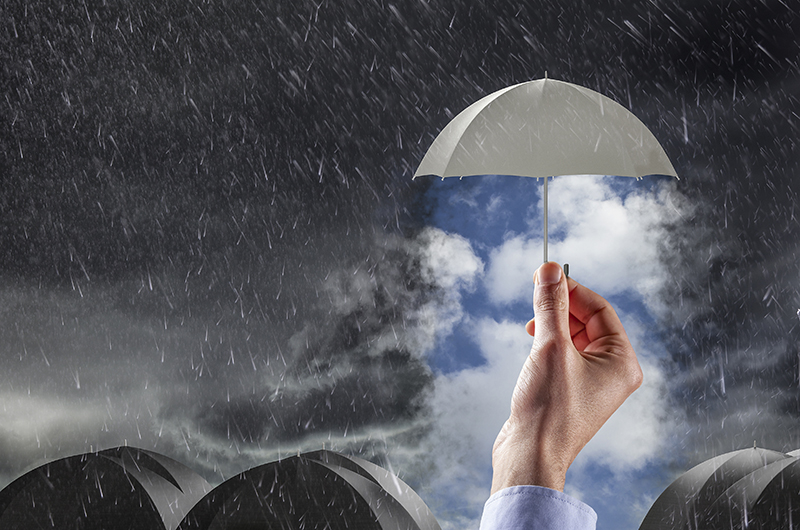Employers faced with oncoming natural disasters, such as hurricanes, winter storms, wildfires and so on, need to have proper emergency response protocol in place. In the article, “Hurricane Florence: Eight emergency response tips” by contributor Nancy Luna on www.nrn.com, Luna spoke with Hal A. Shillingstad, an attorney at Ogletree Deakins, a South Carolina-based labor and employment law firm that represents employers. Shillingstad provided eight tips for employers to prepare their emergency responses:
- Prioritize and divvy up tasks. If you have an emergency response plan, review it. If not, don’t try to make one just days before a disaster is set to hit. Instead, divide responsibilities among your managers. For instance, if your company decides to stay open during a storm threat, such as a hurricane, one group should be responsible for operating the site during that time. Another group should be a crisis management team that handles both the preparation for the storm and any fallout. This group’s first priority should be communication with employees.
- Communicate with employees. You need a definite plan for communicating with your employees. Be sure to send regular messages updating your workforce on scheduling, hours of operation and employee assistance programs (such as contact numbers for counseling programs). If you decide to shut down the business, communicate this promptly with your employees so that hourly ones do not show up for work and expect to be paid. Provide a crisis phone number so that employees can ask questions if needed. Send out communications through email, phone, text or a scheduling app.
- Notify customers. If you run a chain or are part of a franchise, let customers know which locations will be closed during the storm. Place notices on your website and social media accounts. People will be using their phones to see what is open and when, so do what you can to keep your customers informed.
- Be mindful of the human element. If you do stay open, keep in mind that your employees also have obligations to their homes and families. Your employees may need time off to care for them.
- Consider travel conditions. Traveling to work during a storm could be difficult, and some employees may not be able to make it to work. This can be considered an absence for personal reasons under the Fair Labor Standards Act if the employee doesn’t work from home.
- Check your access to data. Be sure that you will have access to your electronic data and backup power to stay operating. Ensure that all your data is backed up, safely preserved and accessible.
- Review your insurance coverage. Keep a record of all expenses, such as renting generators or barricades, as you may be able to redeem those expenses under certain policies. Check what else at your business would be covered in the event of a loss.
- Keep the workplace safe. If you are asking employees to work, make sure that they are coming onto a safe premise. You are responsible for protecting your employees from unreasonable danger.
- Remember employment laws. Nonexempt (hourly) employees are not obligated to be compensated if you close down your business, since they are paid for work performed. Exempt employees (typically managers) who work a portion of the week must still be paid for a full week. However, if the location is closed for one week or more and exempt employees perform no work, you are not obligated to pay that exempt employee. Also, in the case that some of your employees are volunteer responders or members of the National Guard, be aware that job protections are in place for them.
Read the original article here.














